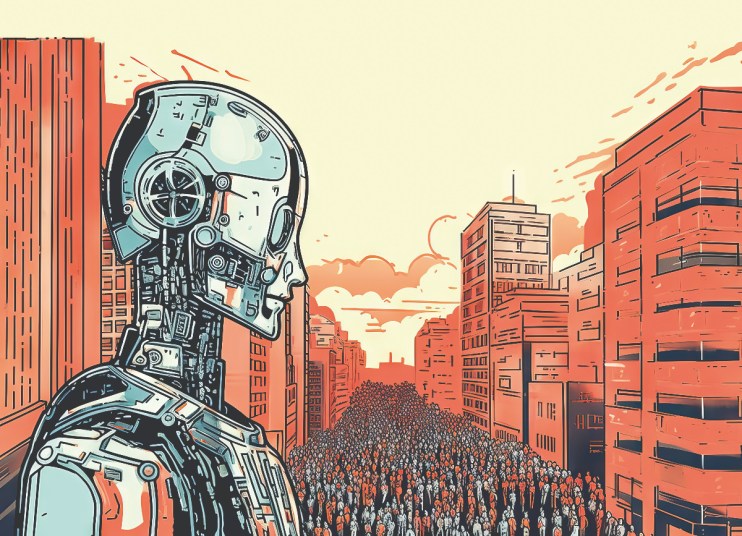AI will empower the heroes who serve us

AI won’t just transform business, it will help public services do more with less and empower the private sector to help solve some of society’s most important challenges, says Shmuel Chafets
The GenerativeAI revolution is quickly becoming a driving force for business transformation around the globe. Industries from healthcare to finance are moving to adopt AI and benefit from a significant “tech dividend” with productivity gains and new services. While the private sector is focused on leveraging AI to transform industries, public services have struggled to keep pace. With rising pressures on public spending and a lack of manpower in critical frontline positions, governments must learn to do more with less, and AI can help lead the way.
For the future of public services to be as innovative and efficient as the private sector, we need tech entrepreneurs and investors to get involved. This isn’t just a challenge for governments to solve; it’s an opportunity for the private sector to bring its innovation and expertise to bear on some of society’s most important challenges.
That’s why we’ve launched From Human to Hybrid: AI and the Future of the Frontline. We’ve been exploring how AI can transform public sector work. Our research has revealed simple, yet powerful AI tools that can make frontline jobs more efficient, empowering workers to focus on what matters most.
Simple, yet powerful AI tools that can make frontline jobs more efficient, empowering workers to focus on what matters most
In education, teachers are excited about AI handling tasks like lesson planning and report writing, allowing them more time for personalised teaching. Companies like Masterschool, one of our portfolio companies, are already using AI to match students with the right courses, enhancing learning and enabling educators to focus on student success.
In healthcare, nurses are experiencing how AI reduces paperwork and improves communication. Companies like DocPlanner, another portfolio company, are helping doctors make faster, more accurate diagnoses, improving patient outcomes and streamlining care.
In law enforcement, AI is already saving millions of officer hours. Avon and Somerset Police automated 44 processes, freeing up 200,000 officer hours to focus on community safety and crime prevention.
Reducing the burdens on frontline services
These are just a few examples of how AI is transforming sectors we believe in. By reducing the administrative burden on frontline workers, we can help them focus on what truly matters – serving the public. AI is already streamlining workflows, boosting efficiency, and improving productivity across industries. It’s clear that the private and public sectors must collaborate to harness AI’s full potential for public service innovation.
AI’s potential is clear, but Europe’s regulatory focus risks stifling innovation. We must strike the right balance between regulation and breakthrough solutions that can improve public services. The future of our public services depends on embracing AI the right way.
The frontline workers who form the foundation of our public services — from nurses and teachers to police officers — are already heroes in their own right. But with the right tools, they can become even more powerful. AI has the potential to transform their work, making them more efficient, effective, and able to focus on the human side of their roles. The technology exists; the opportunity is here. What’s needed now is a commitment from all sectors – government, business, and technology – to collaborate and make AI work for the public good.
We owe it to the heroes who serve us to ensure that technology is an ally, not a hindrance. Let’s embrace AI with purpose, responsibility, and a shared vision to enhance the services that are essential to us all. The future of our public services depends on it.
Shmuel Chafets is the co-founder of pan-European venture capital firm Target Global